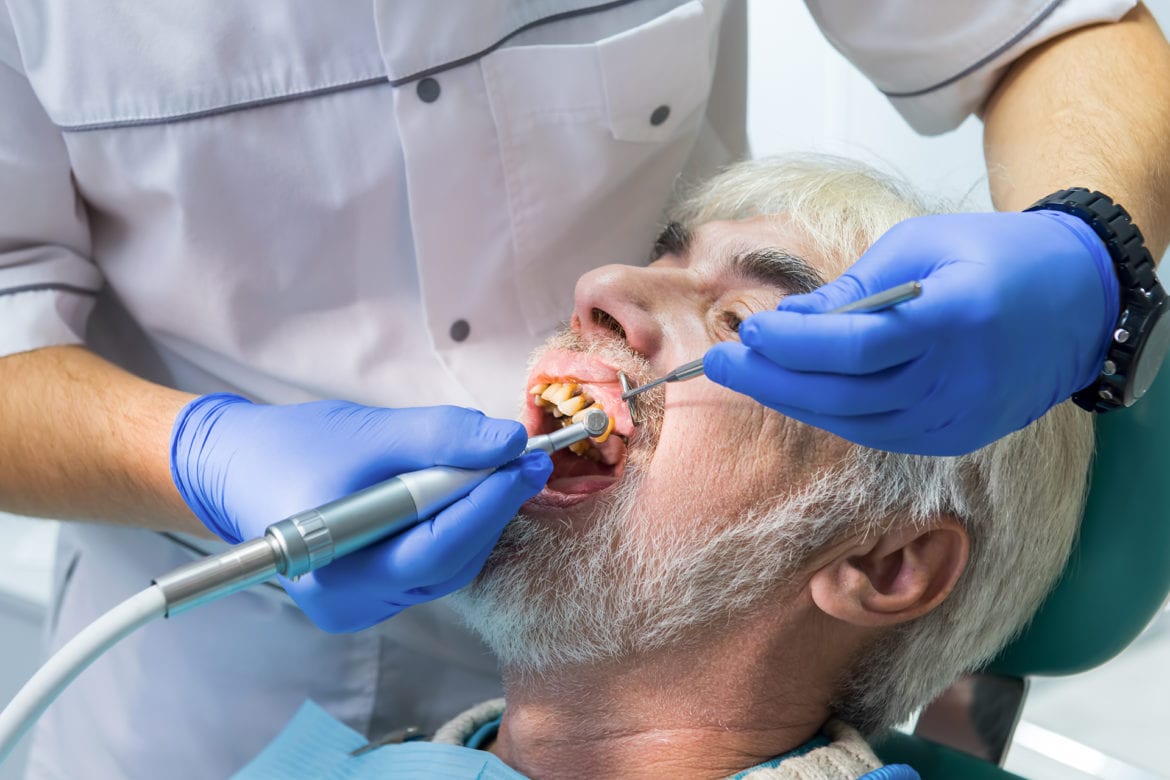Quit Smoking
Smoking can cause a variety of health issues, including an increased risk of tartar build-up. Quitting smoking can significantly improve your oral health and reduce the chances of developing gum disease and other dental problems.
Dental Tools for Home Use
Some dental tools, like plaque removers and dental picks, are available for home use. These tools can help remove tartar and plaque in between dental visits. However, t is essential to use these tools with caution and follow the instructions provided to avoid damaging your teeth and gums. Consult your dentist before using any at-home dental tools to ensure they are suitable for your specific needs.
Oil Pulling
Oil pulling is an ancient Ayurvedic practice that involves swishing oil, typically coconut, sesame, or sunflower, around your mouth for 15–20 minutes before spitting it out. This practice is believed to help remove toxins, bacteria, and plaque from the mouth, potentially preventing tartar build-up. However, more research is needed to establish the effectiveness of oil pulling in removing tartar. It is essential to remember that oil pulling should not replace regular brushing and flossing.
Baking Soda
Baking soda is a natural abrasive that can help remove plaque and stains from your teeth. To use baking soda for tartar removal, mix a small amount of baking soda with water to create a paste. Apply the paste to your toothbrush and brush your teeth gently for two minutes. Rinse your mouth thoroughly after brushing. Keep in mind that this method should be used sparingly, as excessive use of baking soda can damage tooth enamel.

